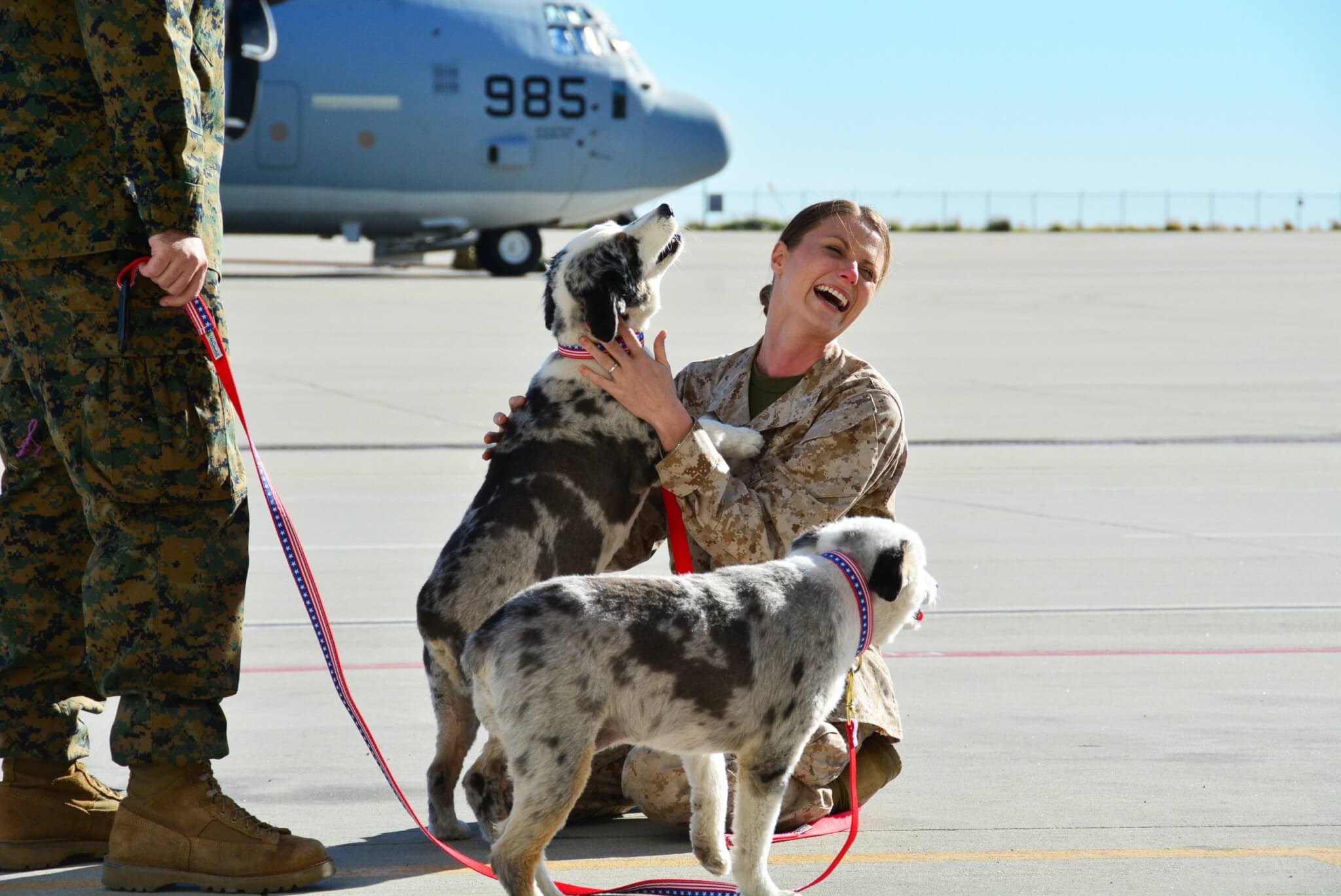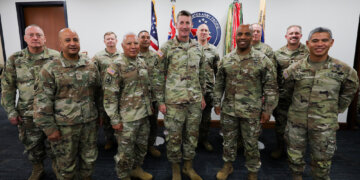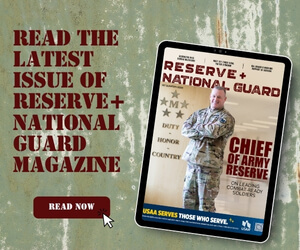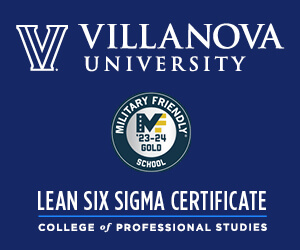This scenario played out time and time again: A service member receives orders to be deployed overseas. They arrange for a family member or a friend to care for their pet while they are gone. But at the last minute, the family member or friend changes their mind for whatever reason and the service member has no other choice but the unthinkable — to relinquish a beloved companion to a shelter, where it will either be adopted or destroyed. In either event, the service member never sees it again.
Fortunately for everyone involved, there are now agencies that connect soon-to-be deployed service members with volunteers who will foster the orphaned pets until the service members return home.
One such agency is People, Animals, Companions, Together, or PACT for Animals, founded by Buzz Miller.
Buzz had a long, successful career as a real estate attorney, but as he neared retirement, he felt he had a much stronger calling. He always had a love for animals — even rescuing them from as far back as the 1970s — and was appalled at what was happening to these pets.
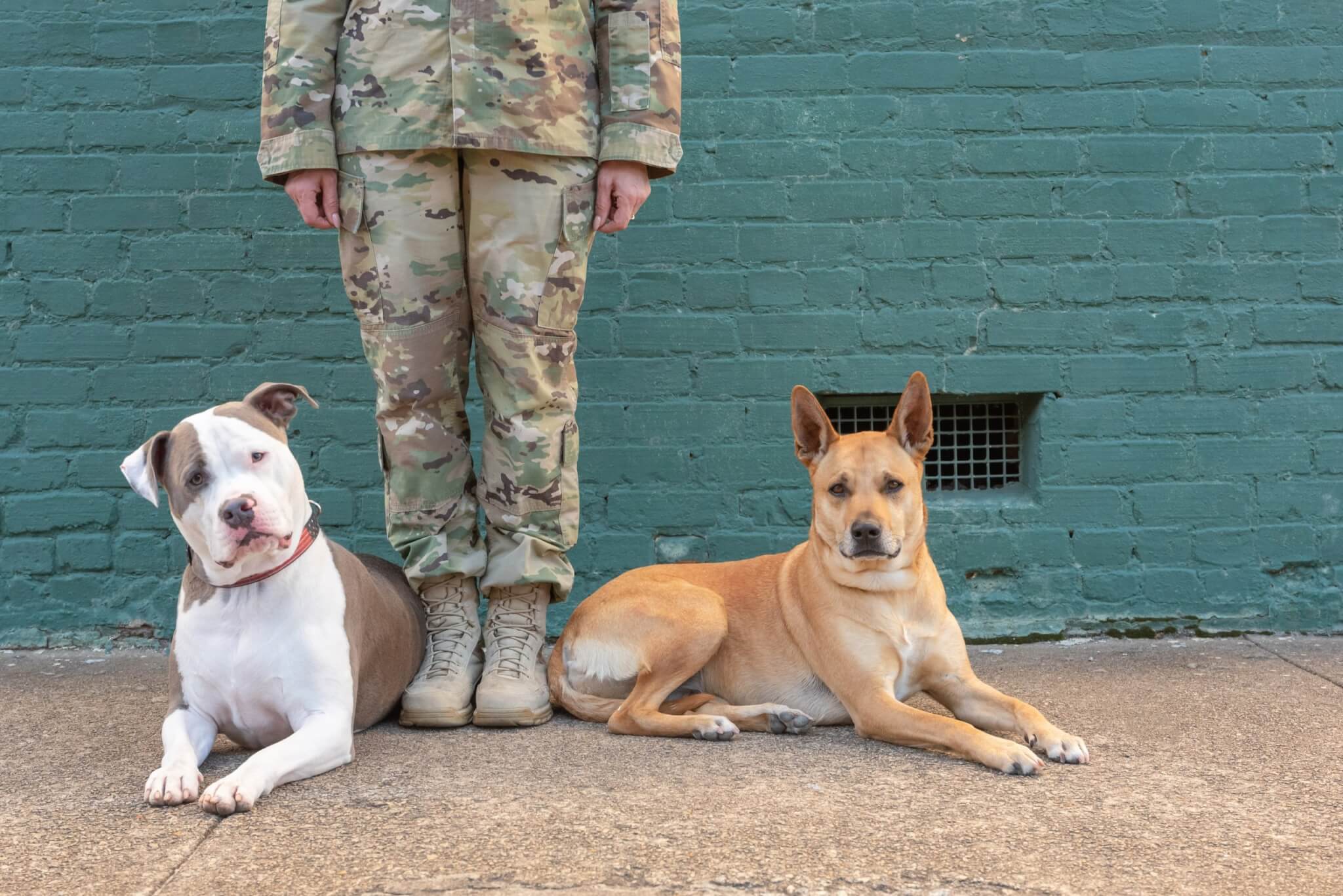
He was alerted to the problem around 2010 when colleagues who worked at shelters told him about young service members who were “crying their eyes out,” as Buzz puts it, when they had no choice but to surrender their pets.
Buzz founded the nonprofit in 2011 with the express purpose of solving this problem. The charity takes an active role in connecting service members with volunteers who will foster their pets until they return, with no cost to either party.
Each foster goes through a vetting process. In the beginning, employees would make trips to the potential fosters’ houses, to ensure the circumstances were conducive to a safe, extended stay for the animals.
Being based in a Philadelphia suburb, they could travel as far as New Jersey and Delaware. However, the charity is now nationwide, with fosters in 49 states, so in-person inspections have been replaced by video conferences.
About 75% of the animals for which PACT finds sitters are dogs and about 25% are cats. Potential fosters are clearly informed that no matter how attached they get to their temporary pets, they must give them back when the service member returns. So far all 1100 of them have.
Volunteers are required to submit videos or photos of the pets they’re fostering once a month, which gives the service members — who are often tens of thousands miles away — some peace of mind.
In addition to vetting the fosters, the service members have to jump through a few hoops as well.
“We’re very anal in accepting animals,” said Buzz.
Service members have to fill out an eight-page application, which includes questions about the animal’s history of aggression. PACT will not accept aggressive animals.
For the past two years, PACT has found foster homes for about 250 animals each year. This year the number was looking close to 325, but with COVID-19 disrupting just about everybody’s life, the number has dropped.
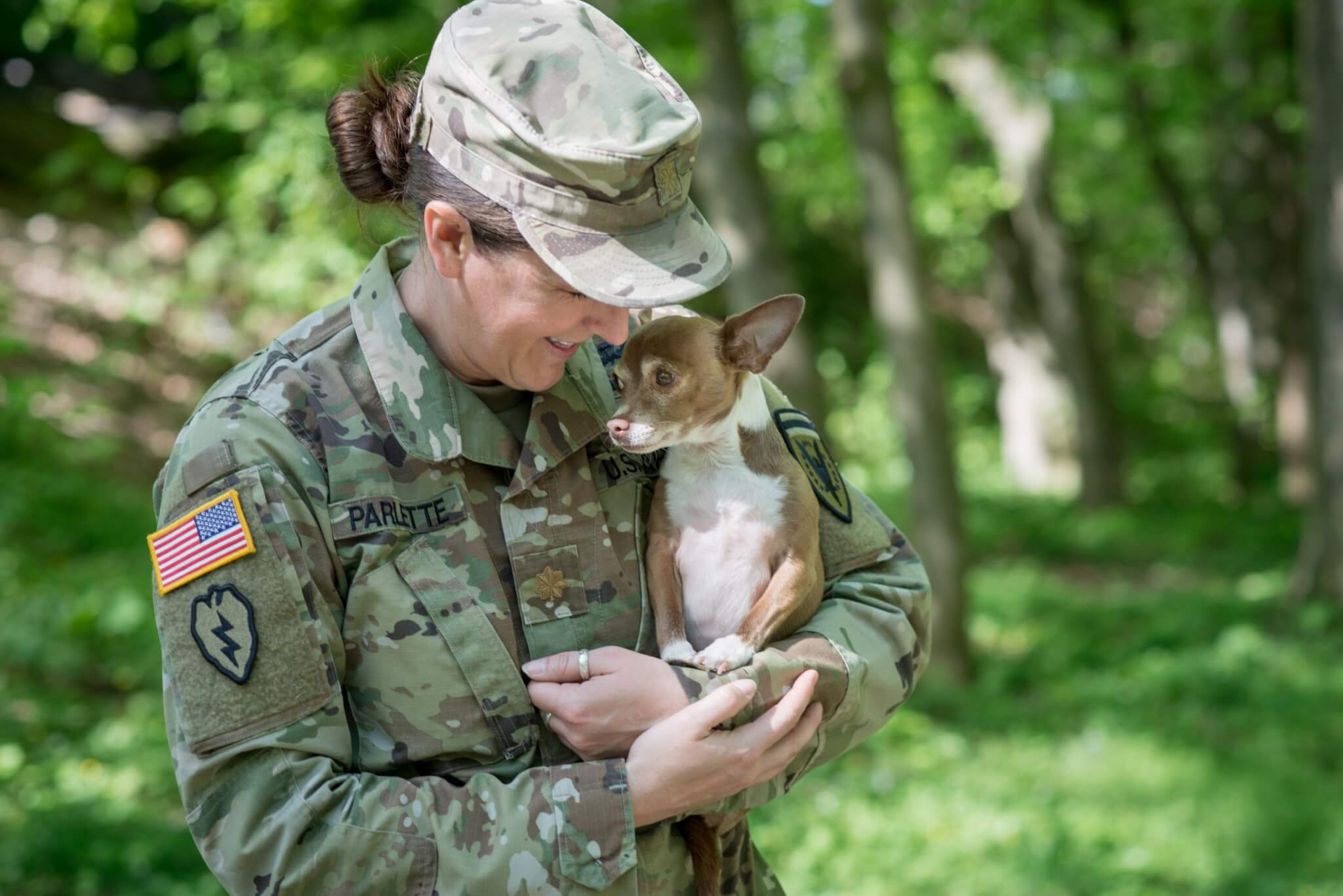
Another agency is Dogs on Deployment, founded by the husband-and-wife team, Sean and Alisa Johnson. The couple found themselves in a predicament when he was going to be deployed to the Middle East for six months in the Navy, and she was headed for boot camp with the Marines, so neither could care for their Australian shepherd, JD.
One possibility was to board JD at a kennel, but that didn’t sit well with Alisa, knowing he’d be miserable. Only one dog sitter wanted the job, at $1,000 per month. So neither was ever an option.
At the last minute, Sean’s mother had a cousin who volunteered to take JD in, so crisis averted.
When a similar situation happened to Sean’s former roommate who received orders to go to Japan on an unaccompanied tour and was forced to re-home his dog of six years, Sean and Alisa knew it was time to start a nonprofit agency to help others when this happened to them.
Unlike PACT, Dogs on Deployment doesn’t actively participate in connecting service members with foster families but provides an online network where pet owners can search for volunteers on their own. However, it does have potential fosters fill out a questionnaire to help ensure a good match.
Dogs on Deployment also bestows grant money through its Pet Chit Program, providing cash for service members and military families with a pet emergency. It’s provided over $750,000 so far.
On the rare occasion that a service member is deployed but allowed to bring his pet with him, almost always he’s responsible for that transportation cost, which can run in the thousands of dollars. The Pet Chit Program can cover that cost as well.
For Buzz and the Johnsons, their charities are clearly a labor of love. As the 79-year-old Buzz puts it, “It’s a mission for me. And when I die, whether it’s tomorrow or 100 years from now, I know I did something good in the world.”
Indeed he has.
Read comments


